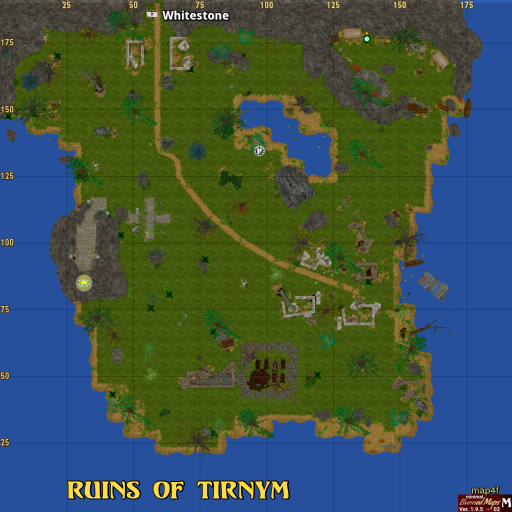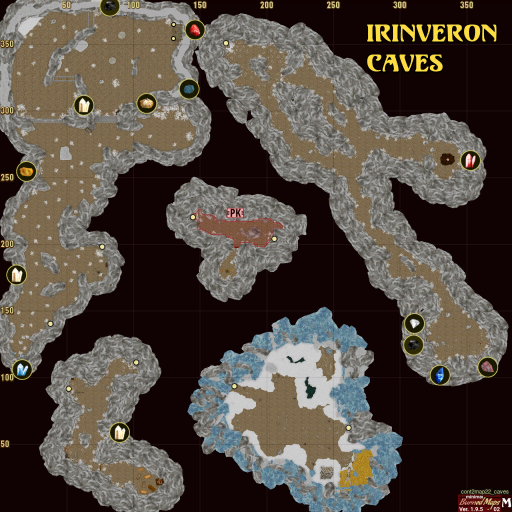

In particular, the most important parts of the natural order were birth and death.

For example, in a passage in the Iliad, Apollo tries three times to stop Patroclus from sacking Troy, warning him that it would be "over his portion". Obtaining more than one's fair portion (ὑπὲρ μοῖραν "over the portion") of loot, or of life in general was possible, but would result in severe consequences because this was considered a violation in the natural order of things. The idea eventually began to be applied to one's fair allotment in life.

The concept of moira referred to one's fair allotment or portion, originally one's portion of loot from battle, which was distributed according to strict traditions. Another important Mycenaean philosophy stressed the subjugation of all events or actions to destiny and the acceptance of the inevitability of the natural order of things today this is known as fatalism. Nilsson associated these daemons to a hypothetical Pre-Greek religion. One such belief was the attribution of unexpected events to spirits or daemons, who appeared in special occurrences. Finley detected only few authentic Mycenaean beliefs in the 8th-century Homeric world. Much of the Mycenaean religion survived into classical Greece, but it is not known to what extent classical religious belief is Mycenaean, nor how much is a product of the Greek Dark Ages or later. The figure who came to be known as Atropos had her origins in the pre-Greek Mycenaean religion as a daemon or spirit called Aisa. 1520 ( Victoria and Albert Museum, London) The three Moirai, or the Triumph of death, Flemish tapestry, c. He calls them to send their sisters, the Hours Eunomia ("lawfulness"), Dike ("right"), and Eirene ("peace"), to stop the internal civil strife.

Pindar in his Hymn to the Fates, holds them in high honour. Lachesis sings the things that were, Clotho the things that are, and Atropos the things that are to be. In the Republic of Plato, the three Moirai sing in unison with the music of the Seirenes. Her Roman equivalent was Morta ("the dead one"). She chose the manner of each person's death and when their time was come, she cut their life-thread with "her abhorred shears".
Atropos ( / ˈ æ t r ə p ɒ s/, Greek Ἄτροπος,, "inexorable" or "inevitable", literally "unturning", sometimes called Aisa) was the cutter of the thread of life. Her Roman equivalent was Decima ("the Tenth"). Lachesis ( / ˈ l æ k ɪ s ɪ s/, Greek Λάχεσις,, "allotter" or drawer of lots) measured the thread of life allotted to each person with her measuring rod. Her Roman equivalent was Nona ("the ninth"), who was originally a goddess called upon in the ninth month of pregnancy. Clotho ( / ˈ k l oʊ θ oʊ/, Greek Κλωθώ,, "spinner") spun the thread of life from her distaff onto her spindle. The Three Fates by Paul Thumann, 19th century The concept of a universal principle of natural order and balance has been compared to similar concepts in other cultures such as the Vedic Ṛta, the Avestan Asha (Arta) and the Egyptian Maat. In Plato's Republic the Three Fates are daughters of Ananke (necessity). Later they are daughters of Zeus and Themis, who was the embodiment of divine order and law. In the Theogony of Hesiod, the three Moirai are personified, daughters of Nyx and are acting over the gods. In the Homeric poems Moira or Aisa are related to the limit and end of life, and Zeus appears as the guider of destiny. Generally, they were considered to be above even the gods in their role as enforcers of fate, although in some representations Zeus, the chief of the gods, is able to command them. For mortals, this destiny spanned their entire lives, and was represented as a thread spun from a spindle. The role of the Moirai was to ensure that every being, mortal and divine, lived out their destiny as it was assigned to them by the laws of the universe. However, according to the often cited Latin verse Clotho colum retinet, Lachesis net, et Atropos occat, their roles and functions were also seen differently:Ĭlotho, the youngest of the sisters, presided over the moment in which we are born, and held a distaff in her hand Lachesis spun out all the events and actions of our life and Atropos, the eldest of the three, cut the thread of human life with a pair of scissors. Their number became fixed at three: Clotho ("spinner"), Lachesis ("allotter") and Atropos ("the unturnable", a metaphor for death). In ancient Greek religion and mythology, the Moirai ( / ˈ m ɔɪ r aɪ, - r iː/, also spelled Moirae or Mœræ Ancient Greek: Μοῖραι, "lots, destinies, apportioners"), often known in English as the Fates ( Latin: Fata), were the incarnations of destiny their Roman equivalent was the Parcae (euphemistically the "sparing ones"), and there are other equivalents in cultures that descend from the Proto-Indo-European culture.








 0 kommentar(er)
0 kommentar(er)
